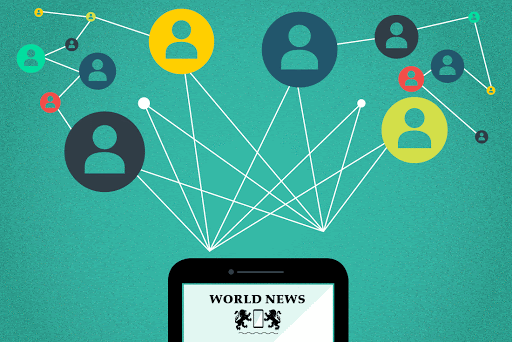Don't wanna be here? Send us removal request.
Text
Purpose of Media and Information Literacy

The increasingly complex view of media and information, which plays a major role in our daily lives, is rapidly changing. It is constantly changing the way we communicate, empower and challenge human rights, freedom of expression, universal access to information, peace building, sustainable development, and intercultural dialogue. People around the world are becoming content creators with a mindset of global citizenship participation in social issues, and not just a passive public acting as spectator and occasional voting constituency. In many countries, the sources of information that until now have been difficult to access, are today limited only by our ability to absorb vast amounts of rapidly transmitted information.

This comes with challenges. It is difficult for people to determine what credible information is amidst the proliferation. It is sometimes unclear about how to respond, share and/or comment. How individuals and collectives can provide fresh content to the growing stock of shared knowledge is not always clear. Thus, media and information literacy (MIL) competencies are becoming increasingly important – a necessary response in this media and information landscape.

This is especially relevant today, as the world is witnessing an unprecedented increase of polarization, hate speech, radicalization and extremism taking place both offline and online. Often embedded in a “discourse of fear”, it challenges human rights and disrupts human solidarity.

MIL is a powerful tool, cutting across educational, cultural and social contexts. It can help overcome the disinformation, stereotypes and intolerance transmitted through some media and in online spaces. Here, stimulating critical empathy is one of the key components and there are many stakeholders that have a role to play in this dimension of MIL.

Furthermore, MIL empowers people to be curious, to search, to critically evaluate, to use and to contribute information and media content wisely. MIL calls for competence in knowing one’s rights online; fighting online hate speech and cyberbullying; and understanding ethical issues regarding access to and use of Information. In this way, MIL makes it possible for people to interact with the media and ICT’s to promote equality, free expression, intercultural and interreligious dialogue, and peace.
-Aman, Fatima Salmeron Harfeil
12-Nobility 02/26/2021
4 notes
·
View notes